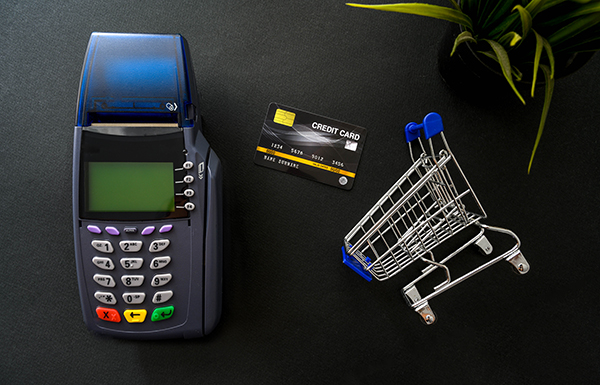Middle East Businesses Demonstrate Resilient Leadership Through COVID-19
By Nidal Abou Zaki, Managing Director at Orient Planet Group
The strength by which the coronavirus disease (COVID-19) has brought the private sector into its knees has been unprecedented. From large corporations to small businesses, no entity has been spared by the pandemic, and the case was not any different in the Middle East. With slow economic activities, disrupted global supply chains and temporary stoppage of business operations, productivity and profit have plummeted. However, with many countries now reopening their economies following months of lockdown, businesses have begun their steady recovery process while remaining cautious and anticipating unforeseen events amid the COVID-19 threats.
Like the rest of the world, the region’s private sector has adapted to the crisis by looking at every possibility, every opportunity that needs to be maximized. These include strategies crucial to staff support and retainment; uninterrupted coordination with clients and suppliers; and maximizing working capital. They have activated their resilience plans, albeit limited, to ensure continuity of operations as well.
Although affected, private business entities are well-positioned to adapt swiftly to the changes brought about by the pandemic and come up with more innovative solutions to unexpected obstacles. Since the start of the pandemic and in response to precautionary measures, the private sector has restructured its strategies to replace policies that had been rendered obsolete. Private entities have risen to the occasion by showing resiliency and quickly adapting to the needs of the times.
When economies have gradually begun to reopen and employees have been allowed to return to their workplaces, the global business community has taken the role of a partner of government authorities in executing proper protocols and measures. Employers are continuously monitoring the unfolding developments and coordinating with concerned authorities to make sure that their responses and protocols are aligned with the evolving public safety and health guidelines. Any new development that may impact their operations is quickly communicated to the employees as part of safeguarding their well-being.
Given their capabilities, the private sector has been ahead of the government in terms of firming up its digital infrastructure and implementing the right technologies in support of its operations. The initiative has only been heightened during the COVID-19 pandemic for business continuity and employee safety purposes.
The utilization of big data and artificial intelligence, geared towards getting real-time and future insights into the impact of COVID-19 on all fronts has also been making a difference in the fight. Companies involved in technology and innovations have lent their expertise and created platforms to bring people together and remind communities about safety and health measures. In this regard, there is a heightened sense of the vital role of social media in today’s circumstances.
For the Middle East’s family businesses, to make them even stronger in the aftermath of the crisis, it has been suggested that they incorporate a broader approach to risk as they diversify their investments. During these times, much e ort should also be geared towards digitalization efforts and heavy investments in information and communications technology infrastructure. Suggestions on active quest for public-private sector partnerships and localization of opportunities were also made.
Meanwhile, experts agree that this pandemic will not be the last given how interconnected the world is today. This is the time for the private sector to apply their learning from the ongoing crisis to create a business resilience strategy that covers a response to a serious situation of similar magnitude and scale as a pandemic.
A business-as-usual attitude will not get any firm anywhere and, more so, during these times when we are facing a formidable foe in a form of highly infectious virus. In just a span of several months, COVID-19 has brought about an unforeseen landscape where businesses should remain connected to the stakeholders while observing public safety guidelines. There is now a heightened requirement to adopt a business model that is not only resilient, flexible and agile but also responsive to the needs of the times.


